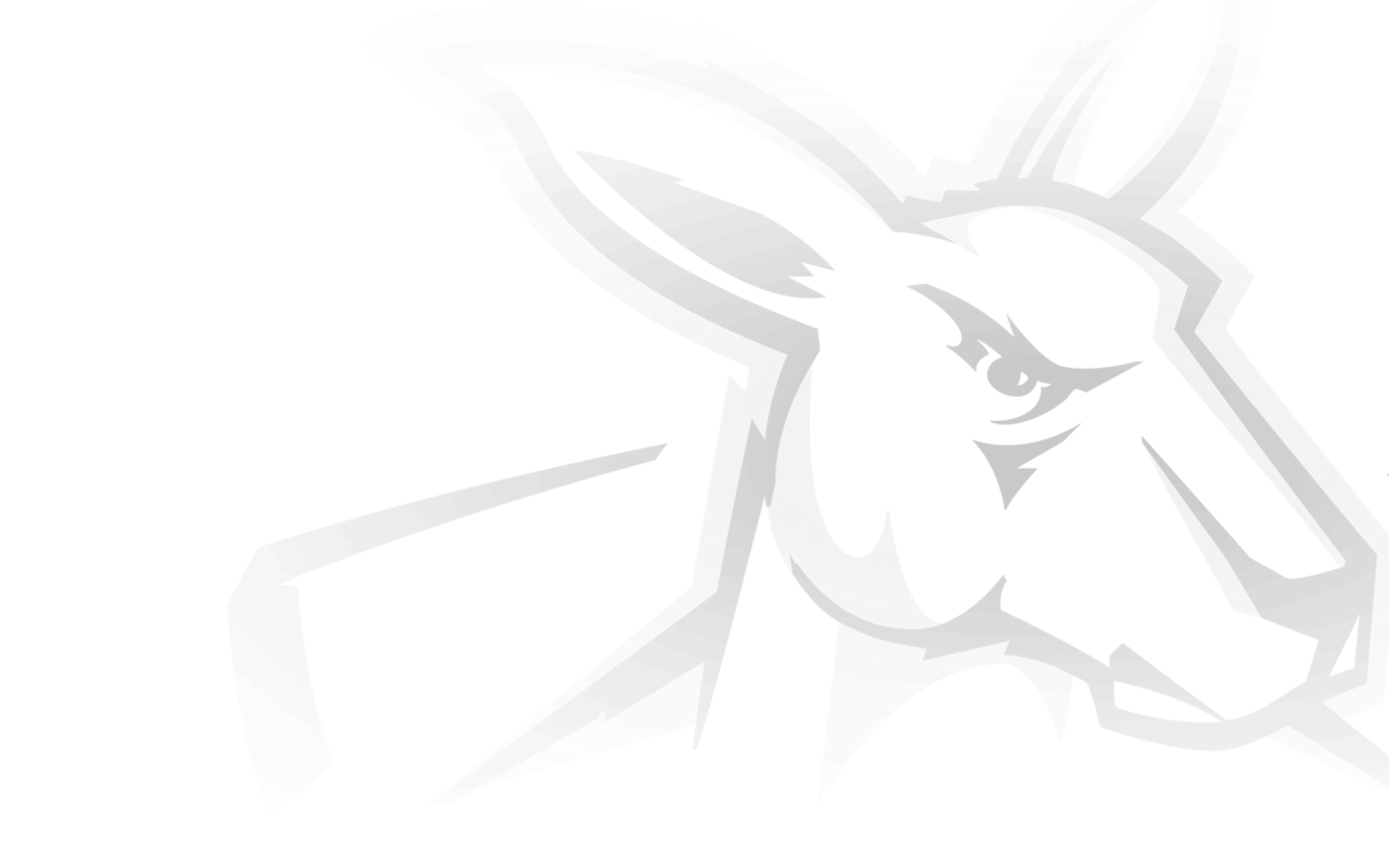As women’s football has evolved over the years one common question has continued to rear its head. Where are the female coaches?
With names like Jas Garner or Emma Kearney quickly becoming mainstays of the AFL landscape, as more opportunities arise for women on the football field, how do we increase the opportunities for those off it?
With the likes of Lauren Spark, Tash Hardy and Steph Binder on North Melbourne’s coaching staff, the club is undoubtedly placing importance on the development of its female coaches.
Club legend Darren Crocker is obviously passionate about the continued improvement of women’s football, as was his coaching predecessor Scott Gowans.
Departing North Melbourne general manager of football and strategy operations Laura Kane says increased opportunities for women in coaching comes back to those involved in the decision-making.
“To get women coming through the pathway and developing you need diversity in decision-making … because women don’t appoint themselves to coaching roles,” Kane said on the ‘Happy Dais’ podcast.
“We have some terrific men and women who run our women’s program, but sometimes it gets lost in the conversation … it’s a fair comment or passion point that people talk about, and so they should.
“I’d worked with ‘Crock’ in our men’s program for a couple of years before his appointment to our women’s team, and the driver for me was integration.
“I know now that almost every single one of our past players who is in contact with ‘Crock ‘will talk about AFLW when they pick up the phone, instead of our men’s program. I know women’s footy now is front of mind for some of our legends of the game because they have such a strong relationship with ‘Crock’.
“It wasn’t an accident that Crock is our AFLW senior coach, and it made sense at the time going through a period of uncertainty with Covid to leverage the resources we had in our men’s program to bolster our women’s program.
“I’m really pleased with the appointment and I think he’s doing a terrific job. I can see the passion now, he loves women’s footy.”
After failing in its attempt to become one of the first eight AFLW teams in the competition, North’s bid to enter the competition was accepted ahead of the 2019 campaign.
Entering the competition with Geelong, the club has gone on to be consistently competitive in its time at the top level, making finals in both the 2020 and 2021 seasons.
Kane says the existing relationship with the Melbourne University women’s football program laid the groundwork for a successful start.
“The foundation for how we wanted to set up the team was built on the foundation that already existed with Melbourne Uni … it was an advantage for us that we had a long relationship,” she said.
“Emma Kearney was obviously top of my list and it felt a little bit bizarre watching her win premierships and win best-and-fairest medals and then hope we’d be able to convince her to come across.
“Then it extended to drafting players like Ash Riddell who went undrafted, which is remarkable to me now, but it created opportunities like that through the Melbourne Uni partnership. It’s been really beneficial to our program to have had that connection.
“The one thing that makes me really proud is the change in our men’s team. The shift from when we first started and introduced AFLW.
“The development that’s happened and how thoughtful our men’s team now are about equality is the thing I’m most proud of if I have to reflect on our AFLW team coming in four years ago.”
To hear Kane and host Daisy Bateman discuss the process behind the club’s successful AFLW bid, building the list from scratch, and Kane’s own experiences growing up with football, tune into the full ‘Happy Dais’ podcast.



